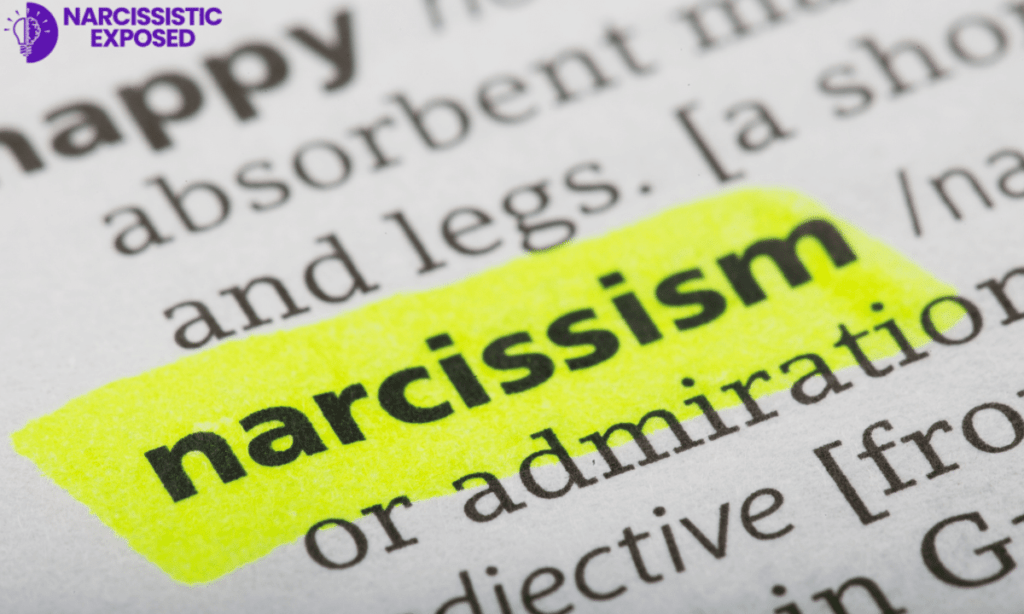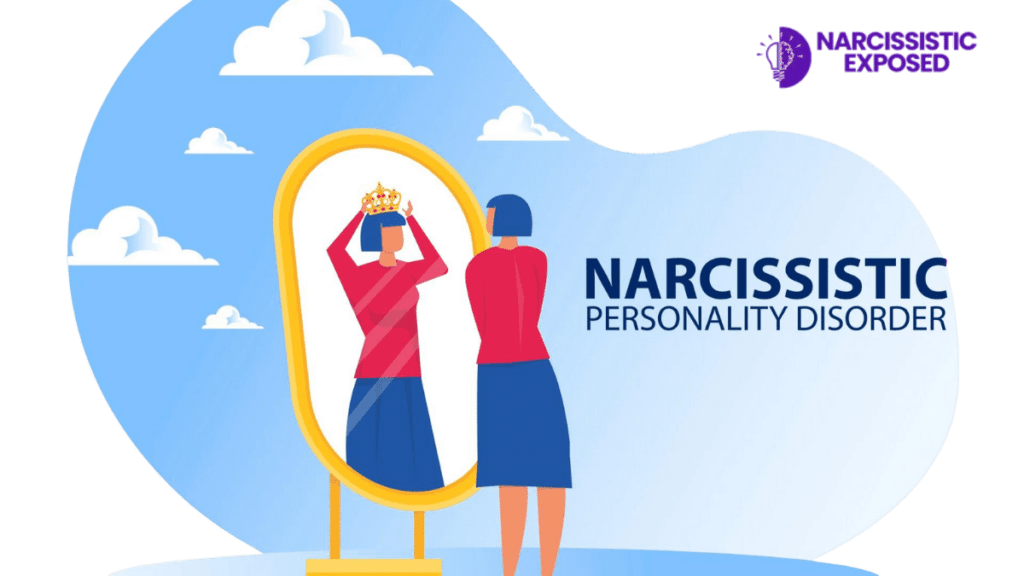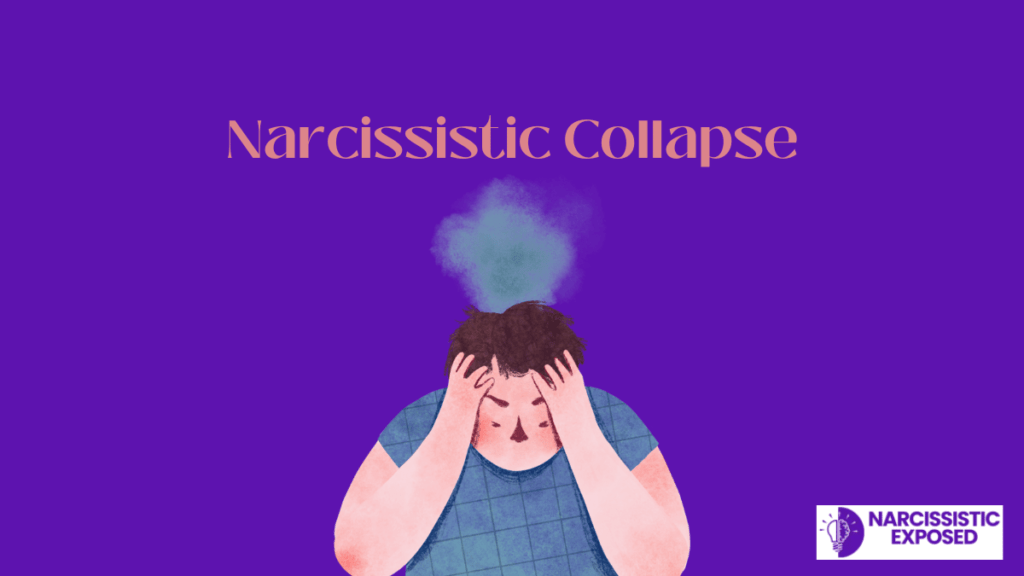
Directly, drugs do not cause Narcissistic Personality Disorder (NPD); however, substance use can exacerbate or mirror narcissistic traits. Narcissism is rooted in complex developmental, psychological, and environmental factors, and while drug abuse might intensify self-centered behaviors, it is not a direct cause of NPD.
Narcissism, characterized by grandiosity, lack of empathy, and a need for admiration, often co-occurs with various forms of substance use. This relationship is complex: while drugs don’t directly cause narcissism, they can influence personality traits and behaviors associated with narcissism. Substance use might amplify traits like grandiosity or entitlement or serve as a coping mechanism for the fragile self-esteem underlying narcissistic behaviors. Understanding the interplay between narcissism and substance use is crucial for addressing the nuances of these intertwined issues.
Understanding Narcissism
Definition and Characteristics of Narcissistic Personality Disorder (NPD)
Narcissistic Personality Disorder (NPD) is a mental condition characterized by a long-term pattern of exaggerated self-importance, a deep need for excessive attention and admiration, troubled relationships, and a lack of empathy for others. Critical characteristics of NPD include:
- Grandiosity: Having an overinflated sense of self-importance and superiority.
- Fantasies of Success: Preoccupation with fantasies of unlimited success, power, brilliance, beauty, or ideal love.
- Need for Admiration: Requiring constant admiration and validation.
- Sense of Entitlement: Expecting special treatment and compliance with their wishes.
- Interpersonal Exploitation: Taking advantage of others to achieve personal gains.
- Lack of Empathy: Being unable or unwilling to recognize the needs and feelings of others.
- Envy: Believing others are envious of them or being envious of others.
- Arrogant Behaviors: Demonstrating arrogant, haughty behaviors or attitudes.
Root Causes of NPD
The exact cause of NPD is unknown, but it is believed to result from a complex combination of genetic, environmental, and psychological factors. These may include:
- Genetic Predisposition: Family history and genetics can play a role in the development of narcissistic traits.
- Childhood Experiences: Experiences of excessive pampering or, conversely, extreme criticism during childhood can contribute to narcissistic behavior patterns.
- Parenting Styles: Overprotective, neglectful, or authoritarian parenting can lead to the development of NPD.
- Cultural Influences: Societal values emphasizing individual success and external appearances can foster narcissistic tendencies.
- Trauma and Abuse: Early trauma, abuse, or neglect can lead to narcissistic defense mechanisms as a way to cope with pain and insecurity.
Understanding the multifaceted nature of NPD is essential for recognizing its manifestations and addressing the underlying issues contributing to narcissistic behavior.
Substance Use and Narcissistic Behavior
How Substance Use May Mimic or Exacerbate Narcissistic Traits
Substance use can often mimic or amplify characteristics typical of Narcissistic Personality Disorder (NPD). For instance, individuals under the influence of certain substances may exhibit increased grandiosity, a heightened sense of entitlement, or a lack of empathy towards others, mirroring narcissistic behaviors. Drugs and alcohol can lower inhibitions and increase impulsivity, leading to more pronounced and overt expressions of narcissism, such as aggressive or manipulative actions, excessive need for attention, and disregard for others’ feelings or boundaries.
Case Studies or Examples
- Case Study 1: John, a 35-year-old with a history of cocaine use, displayed significant narcissistic traits while under the influence. His drug use amplified his sense of superiority and invincibility, leading to risky behaviors and a disregard for others’ well-being. John’s substance abuse exacerbated his inherent narcissistic tendencies, creating a cycle of escalating drug use and narcissistic behavior.
- Case Study 2: Lisa, a habitual user of amphetamines, exhibited behaviors similar to those of narcissistic personality disorder, including manipulative tactics and a lack of empathy. Her drug use intensified these traits, leading to conflicts in her personal and professional relationships. The stimulant properties of amphetamines heightened her inherent need for control and admiration, mirroring severe narcissistic behaviors.
These cases illustrate how substance use can not only mimic but also intensify pre-existing narcissistic traits, complicating the diagnosis and treatment of individuals with overlapping substance use and narcissistic behaviors.
The Relationship Between Narcissism and Addiction
Psychological Links: Dependency, Ego, and Control
The connection between narcissism and addiction can be understood through the lenses of dependency, ego, and control. Narcissistic individuals often have an inflated sense of ego and a deep-seated need for admiration and validation, which can manifest as a psychological dependency on external sources of gratification. This need for constant validation and the desire to maintain a sense of superiority can make individuals with narcissistic traits more susceptible to substance abuse as a means of coping with insecurities or enhancing their self-image.
Addiction, like narcissism, involves a form of control—over one’s feelings, experiences, and how others perceive them. Narcissists may use substances to control their emotions, mask their vulnerabilities, or maintain their self-image of perfection and grandiosity. The compulsive nature of addiction intersects with the narcissist’s need for control and admiration, creating a complex web of psychological dependency.
Research Findings on Narcissism and Drug Use
Research indicates a significant correlation between narcissistic traits and substance use disorders. Studies have shown that individuals with higher levels of narcissism are more likely to engage in substance abuse, including alcohol, prescription drugs, and illicit substances. This relationship is partly due to the narcissistic individual’s propensity for risk-taking, sensation-seeking, and the use of drugs or alcohol as self-medication for underlying emotional pain and self-esteem issues.
Furthermore, research suggests that narcissistic individuals might use substance abuse as a way to maintain their sense of grandiosity and superiority. The immediate gratification and confidence boost provided by substances can temporarily satisfy the narcissist’s need for admiration and control. However, this is often at the cost of long-term psychological and physical health, leading to a cycle of addiction that reinforces narcissistic behaviors and attitudes.
Understanding the intricate relationship between narcissism and addiction is crucial for developing effective treatment strategies that address both the personality disorder and the substance use disorder, recognizing the interplay between these conditions in the therapeutic context.
Treatment and Recovery
Approaches to Treating Narcissistic Traits and Substance Abuse
Treating individuals with both narcissistic traits and substance abuse issues requires a multifaceted approach. Integrated treatment plans that address both the personality disorder and the substance use disorder simultaneously are often the most effective. Key components of treatment include:
- Psychotherapy: Cognitive Behavioral Therapy (CBT), Dialectical Behavior Therapy (DBT), and schema-focused therapy can help individuals understand and change the thought patterns and behaviors that contribute to both narcissistic traits and substance abuse.
- Medication: While there are no medications specifically for NPD, certain drugs can be used to treat symptoms of related conditions, such as depression or anxiety, which may co-occur with substance abuse and narcissistic traits.
- Group Therapy: Participating in group therapy can challenge the narcissistic individual’s beliefs and behaviors through feedback from peers, fostering empathy and social skills.
- Family Therapy: Involving family members in treatment can help repair and improve relationship dynamics and communication.
Strategies for Healing and Rehabilitation
Recovery and rehabilitation from the combined challenges of narcissistic traits and substance abuse require ongoing effort and support. Strategies include:
- Self-awareness and Insight: Developing a deeper understanding of one’s behaviors, triggers, and the underlying causes of narcissistic traits and substance abuse.
- Relapse Prevention: Identifying triggers for both substance use and narcissistic behaviors and developing strategies to manage these triggers effectively.
- Building Healthy Relationships: Learning and practicing healthy interpersonal skills to build and maintain more positive and empathetic relationships.
- Ongoing Support: Regular follow-ups with mental health professionals and participation in support groups can provide continuous support and accountability.
Effective treatment and recovery involve addressing the intertwined nature of narcissistic traits and substance abuse, focusing on holistic healing and the development of healthier coping mechanisms and relational skills.
Conclusion
Summarizing the Relationship Between Drugs and Narcissism
The intricate relationship between drugs and narcissism underscores the complexity of addressing substance abuse intertwined with narcissistic personality traits. While medications do not directly cause narcissism, they can exacerbate or mirror the characteristics of Narcissistic Personality Disorder (NPD), complicating both the manifestation and treatment of these conditions. Understanding this dynamic is crucial for effective intervention, as it necessitates a nuanced approach that addresses both the addictive behaviors and the underlying personality disorder.
Awareness and Support for Affected Individuals
Recognizing the signs of narcissistic behavior and its potential amplification through substance use is vital for early intervention and support. Individuals grappling with these intertwined issues require comprehensive care that considers the unique challenges of their condition. Encouraging awareness among healthcare providers, patients, and their support networks can lead to more effective treatment and a supportive environment conducive to recovery.
Ultimately, fostering an understanding environment and providing targeted, empathetic support is vital in aiding those affected by the dual challenges of narcissism and substance use. Through increased awareness and dedicated care, individuals can embark on a path to recovery, seeking to heal from the impacts of both narcissistic traits and substance abuse.




